Privacy Friendly Google Alternatives – Search, Mail & Maps
In this guide you will learn about:
- Why using Google services can harm your privacy
- Privacy friendly alternatives to Google Search
- Privacy friendly alternatives to Gmail
- Privacy friendly alternatives to Google Maps
There’s no shortage of good reasons to move away from using Google services. After all, Google’s business model is based on monitoring its users’ activities, building detailed profiles, and granting access to its troves of user data to the highest bidder(s).
And given how revealing things like web search, email, and digital maps can be, the data we’re feeding Google is quite valuable.
But is it reasonable to hand over intimate details of your life to a mammoth-sized corporation in exchange for web search, email, or maps? I doubt it, as do millions of others who enjoy the benefits of a Google-free internet.
But now, Australians may have another reason for moving away from Google. And, to be honest, given Google’s reaction in this matter, I think that, in the end, we’re all incentivized to find Google alternatives.
In December 2020, the Australian government started discussing judicial changes to its body of laws that would force online giants like Google and Facebook to pay a higher (read: fair) price for the news stories they obtain from local news publishers.
The proposed legislation is to provide support and relief to Australia’s local media landscape. In most countries, local media has had a hard time competing with the likes of Google and Facebook.
For local news content to be viewed by a significant number of people, it must now be fed to users through Google and Facebook. When that happens, news publishers obtain peanuts for their content compared to what they could get from a user subscription or even a visit to the original news site.
Funding local news content is critical for communities worldwide, for access to a plurality of viewpoints and sources. The alternative is that we get our information from the same small number of sources. Not exactly enlightening, right?
In reaction to this proposed change, Google has threatened to leave Australia altogether. A bit like a three-year-old pulling a tantrum and then trying to get its way with threats after being told that they need to share their toys.
Not exactly the kind of company I want a relationship with – especially given that as a Google user, you’re not a customer. You’re a product.
So this gives us all just another reason to look for Google alternatives. It’s very easy, and there are many more options than you might think. Occasionally sticking your head out of Google-world tends to be eye-opening, as we’ll see.
In this post, we’re going to look at some of the best Google alternatives for search, email, and maps. We’ll also look at what’s involved in making the switch.
If Google wants to stop providing services in your country, I say, “let them.” Alternatives are easy to find, and, in many cases, you’ll be better served with alternate services than with Google.
Let’s start with Search.
Google’s business model heavily depends on tracking user activities and building detailed profiles to monetize access to this data. This has raised significant privacy concerns among users.
The article also discusses recent events in Australia, where proposed legislative changes aimed at forcing internet giants like Google and Facebook to pay local news outlets for their content led to Google’s bold threat to withdraw from the Australian market.
The main focus of this piece is to introduce more privacy-focused alternatives to Google’s suite of services.
Alternatives to Google Search
Google’s search engine is its crown jewel. It’s also seen as being the “best” search engine available. But what does that mean? It means that Google tends to place the most relevant results (to you) at the top, making it easy to find what you’re looking for. That makes sense.
But how does Google achieve this? Keep tabs on every other search term you’ve ever entered into its search engine. That’s right.
Google is quite good at predicting your interests because it’s been building a detailed profile about you, your habits, and your interests from day one.
If you’re logged in to any Google services using its search engine, then Google knows who you are. And suppose you aren’t logged in to any Google services.
In that case, Google will still be able to make an educated guess on your identity based on any data points taken together: your IP address and geolocation, your web browser’s configuration, Google cookies previously written to your hard drive, etc.
Google’s resilience is all based on identifying and tracking your activities. Imagine if Google was a person staring over your shoulder, keeping tabs on what you search for and making inferences about your behavior, rather than an invisible algorithm.
Pretty creepy, right? Well, the only difference is that you’re unaware that an algorithm is staring over your shoulder and that the algorithm is much better at tracking you than any human. Oh, and the algorithm never forgets… anything.
When you switch to a privacy-preserving search engine, the results you’re looking for might be a bit further down the results page.
But that’s a feature, not a bug. The relevant search results might be a bit lower because the search engine hasn’t identified you or tracked your previous searches.
So it isn’t skewing the results based on what it thinks you’re looking for. It shows you an objective representation of what’s available on the internet based on your search terms.
So, it might take you half a second longer to find what you’re looking for because you need to scroll down the page a little bit.
That’s the trade-off to make if you want to enhance your digital privacy. I’m more than happy with that deal. But it’s up to each person to make up their mind.
If you want to switch, here are some good alternative search engines.
Duckduckgo
Duckduckgo is a privacy-focused search engine started in 2008 by Gabriel Weinberg. His goal was to provide a search engine that didn’t collect user data for monetization. Duckduckgo is still monetized, though much less aggressively than Google.
In its default mode, Duckduckgo will display sponsored results at the top, based on the relevancy of your search terms, not your identity or your known habits (Duckduckgo doesn’t know your habits). These ads are identified and can also be disabled on Duckduckgo’s Settings page.
Duckduckgo’s search results only change over time if the content available on the internet changes. Again, it will never skew the results to display what it thinks is most relevant to you. And again, that’s a feature, not a bug.
Duckduckgo is my search engine of choice, and I highly recommend it.
Startpage
If ducks aren’t your thing, another solid option is Startpage.
Startpage is another privacy-focused search engine founded in 1998 in the Netherlands. Like Duckduckgo, Startpage does not collect your search history or attempt to identify you.
Your search results will reflect the state of the internet and won’t be tampered with for “personalization.”
Another nice thing about Startpage is that if you click on the little “mask” icon to the left of each result, you can view the page through Startpage’s proxy server for extra anonymity.
When you use the Startpage proxy server, the websites you visit will only see the proxy server’s IP address, not your actual IP address, affording you more privacy when browsing the web.
Two things you should be aware of are:
Using the proxy is likely to slow down your internet connection significantly.
If you log in to any services through the proxy, you will be identified, defeating the point of using the proxy server in the first place.
Making the switch
Switching search engines is easy: simply go to duckduckgo.com or startpage.com instead of going to google.com. Then bookmark that page. Or better yet, make it your homepage.
Another thing you can do is change your default search engine in your browser to Duckduckgo. Startpage is not available as a default option in web browsers.
I’m going to show you how to achieve this in Mozilla Firefox. I chose Firefox because it’s open-source and has many built-in privacy-preserving options. And, of course, if you’re using Google Chrome as your web browser, I recommend switching to Firefox.
Making Duckduckgo your default search engine in Firefox
1. Click the Options or Preferences (Mac) icon at the top right, and select Options or Preferences (Mac).
2. From the options on the left side of the Options page, select Search.
3. Click the Search drop-down menu and select Duckduckgo.
4. Close the Options page.
You’re done. From now on, when you use your search bar, the results will come from Duckduckgo.
Alternatives to Gmail
Email is another area in which Google has a dominant position. But this one is a bit more difficult to understand. It’s not as if Gmail provides users with any real benefit over other email providers. And calendar integration is supported by almost every email provider out there.
So why is Gmail so popular? The adage, In for a penny, in for a pound, applies here. I think Gmail’s popularity is due to the popularity of Google’s other services, namely, search and maps.
Then it just seems to make sense to stick with what you know. And perhaps the benefit of using one login to access multiple services can also be appealing.
That makes sense. But there’s a downside – and it isn’t small. Gmail scans all of your emails for anything it can glean about you and your contacts from your emails.
This information is added to your Google profile and monetized by Google by selling these profiles to the highest bidder(s). Advertisers will be buying access here, but Google will sell access to its database to whoever throws money at it: advertisers, governments, and private individuals.
How does that make you feel that the contents of your private conversations are being sold? And why do you think Gmail is free?
Google isn’t doing you a favor by giving you a Gmail account; it’s just thinking of its bottom line. In that regard, a Gmail address can be seen as a trojan horse.
Let’s look at some good Gmail alternatives.
Tutanota
Tutanota is a secure email provider based in Germany. I say secure because it provides end-to-end encrypted emails between Tutanota users.
Encrypting your email end-to-end means that nobody, not the email provider, can read your email except the intended recipient.
While that’s great, we’re not looking for an encrypted email solution right now. All we want is an alternative to Gmail. And Tutanota fits the bill brilliantly.
You can create a Tutanota email account for free. Your free account will grant you 1GB of email storage – which should be more than enough for most people.
And you can use that account exactly as you used your Gmail account. The only changes are the email address and the webmail interface you use.
Tutanota’s privacy policy makes it clear that it does not scan your emails. The only exception will be if they’re served with a valid German court order.
But that’s going to be the case with any service provider. No company will break the law for you. Nor should they.
Signing up is easy.
1. Go to tutanota.com and click Get Encrypted Email.
2. Select your account type (free or paid). A paid account provides additional features, detailed below.
3. Create an email address and choose your password.
4. You’re done.
Note that it can take up to 48 hours for your account to become active. Tutanota states that this is to set up your account securely. It’s a bit of a bummer, but accounts are ready for use within 24 hours in many cases.
Tutanota email accounts also come with an integrated calendar.
If you don’t want an email provider that scans your emails, Tutanota is a great choice.
Posteo
Posteo is another very good Gmail alternative. It wasn’t free, but it was cheap. And it won’t scan your emails either.
The service is, like Tutanota, based in Germany. It costs one euro per month (roughly 1.20 USD), and I think it’s more than worth it.
Posteo’s commitment to user privacy and sustainable energy is rather impressive. It runs solely on green energy, and its entire infrastructure is open source.
Posteo doesn’t collect any logs relative to user activity and even strips your originating IP address from all the emails you send. That’s very good for privacy.
It means that when you send an email to your friend who still uses Gmail, Google won’t be able to trace your email back to your IP address and perform its Big Data voodoo on you (though Google will still scan the email).
Signing up to posteo is also very straightforward.
1. Go to posteo.de and click Sign Up.
2. Choose an email address and a password.
3. Select a payment amount and a payment method.
4. Confirm your email address and your payment.
5. You’re done.
There’s no delay in activating your Posteo account. Your account is available to use once your payment has cleared.
Your Posteo account also includes a calendar and notes.
It’s another great Gmail alternative that respects your privacy.
Alternatives to Google Maps
This one is a bit more complicated than the others. Google Maps is the best Maps app available. That’s true. But everything else that’s true about Google is true about Google Maps.
That means it identifies you, locates you, saves your location searches and itineraries, and sells access to that data to whoever throws money at it.
And so there’s good reason to switch. But this is one switch where the drop in convenience may be more pronounced than with search or email.
One reason is that no company on Earth has more mapping data than Google. And alternate services have trouble competing with Google Maps for things like business locations.
Another reason is that there aren’t that many good quality competing services.
But that doesn’t mean there aren’t any.
Apple Maps
Apple has taken a rather strong stance on user privacy these past years. And it has also been bolstering its Maps app regularly in recent years.
Apple’s Maps app collects much, much less data than Google Maps. It still contains the information it needs to provide you with the Maps data you requested, but your location searches aren’t tied to your identity.
You can learn more about this by reading about Apple Maps’ data collection practices.
Now, this can be fine and good if you have Apple devices. But what if you don’t?
Well, it turns out that you can perform location searches in Duckduckgo from any device, and Duckduckgo will use Apple Maps to fulfill the search. Not only that, Duckduckgo doesn’t send any personally identifiable information to Apple to achieve this.
Here’s what Duckduckgo had to say about this:
“We do not send any personally identifiable information such as IP address to Apple or other third parties. For local searches, where your browser sends your approximate location information to us, we discard it immediately after use. You are still anonymous when performing map and address-related searches on DuckDuckGo.”
This means that anyone on any device can use Apple Maps rather than Google Maps and enhance their location privacy. And you don’t even need an extra app. All you need is a web browser.
Using Apple Maps from Duckduckgo
1. From your web browser, go to https://duckduckgo.com.
2. Type the address you’re looking for in the search field and press Enter.
3. Click the Maps link right under the search bar. The full Maps page is displayed.
You can zoom and scroll and click points of interest for more information.
Using Apple Maps from Duckduckgo for directions
You can also get directions from Apple Maps. To do that, follow the steps above, and once you’re on the full Maps page, click the Directions button right under the search bar.
You’ll be provided with itineraries on your left. Click the itinerary of your choice and follow the directions. It defaults to driving directions, but you can also select walking directions.
Note that this won’t give you turn-by-turn vocal prompts – it’s not a GPS. But if location privacy is important to you, this is the way to go.
And nothing’s stopping you from using your GPS in situations where you feel written directions won’t be enough. You have the information and can make the right decisions for yourself.
Wrapping up
So there you have it. Living within the Google ecosystem can make it seem like there are no other options. But that’s not the case. There are other options – some of which do a better job than Google.
But all of the options listed in this post will enhance your privacy. While there may be some trade-offs, they’re mostly minor. And none of them will seriously hamper your digital lifestyle.
If Google wants to make this a choice between being able to pick and choose the laws it follows or threatening to cease its operations, I say “good riddance.” There are better options. And they’re more private too.
If you want to get away from Google Analytics, have a guide for that too.

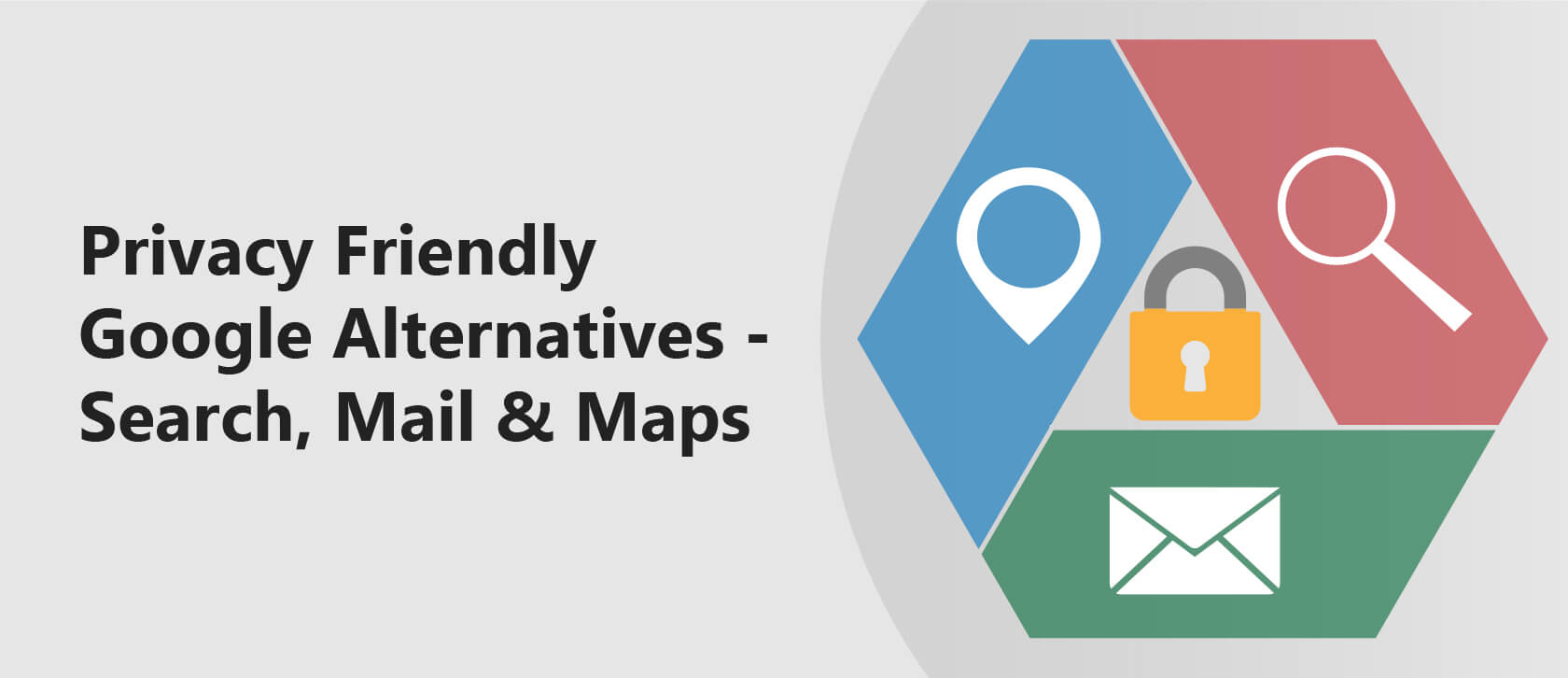

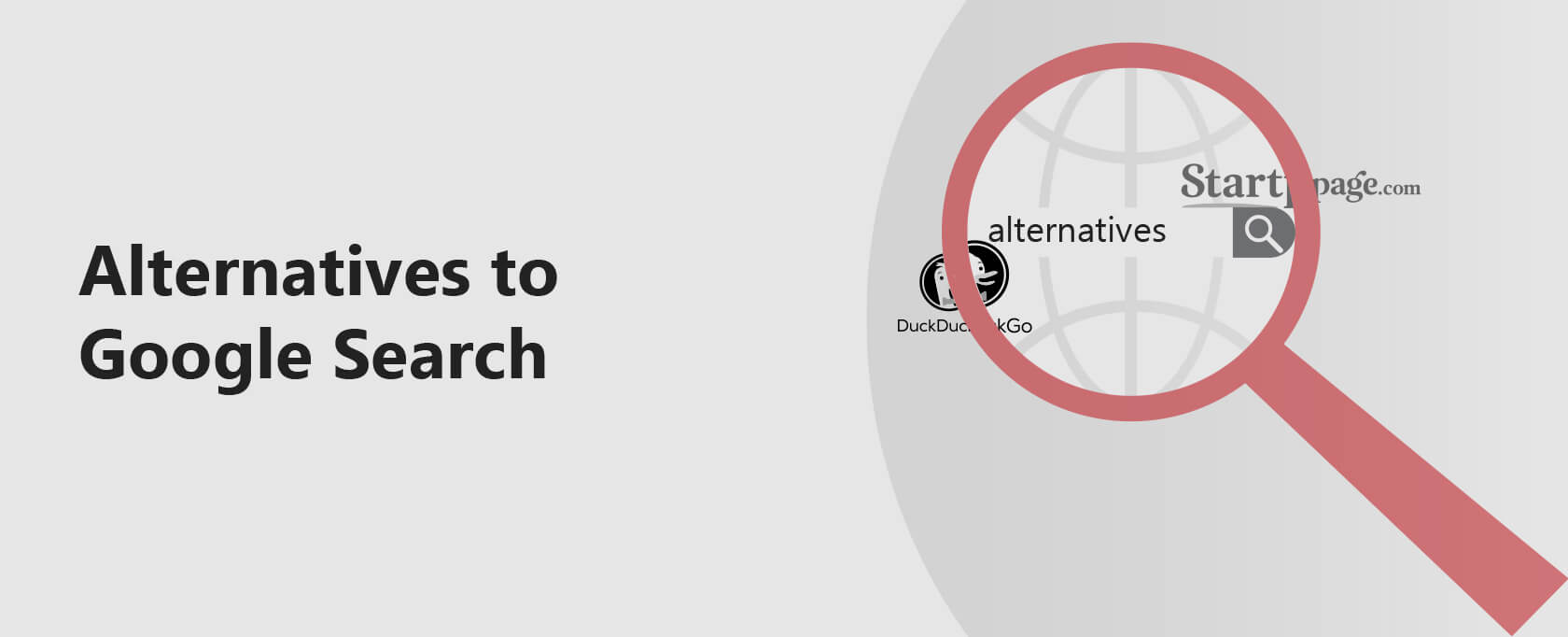

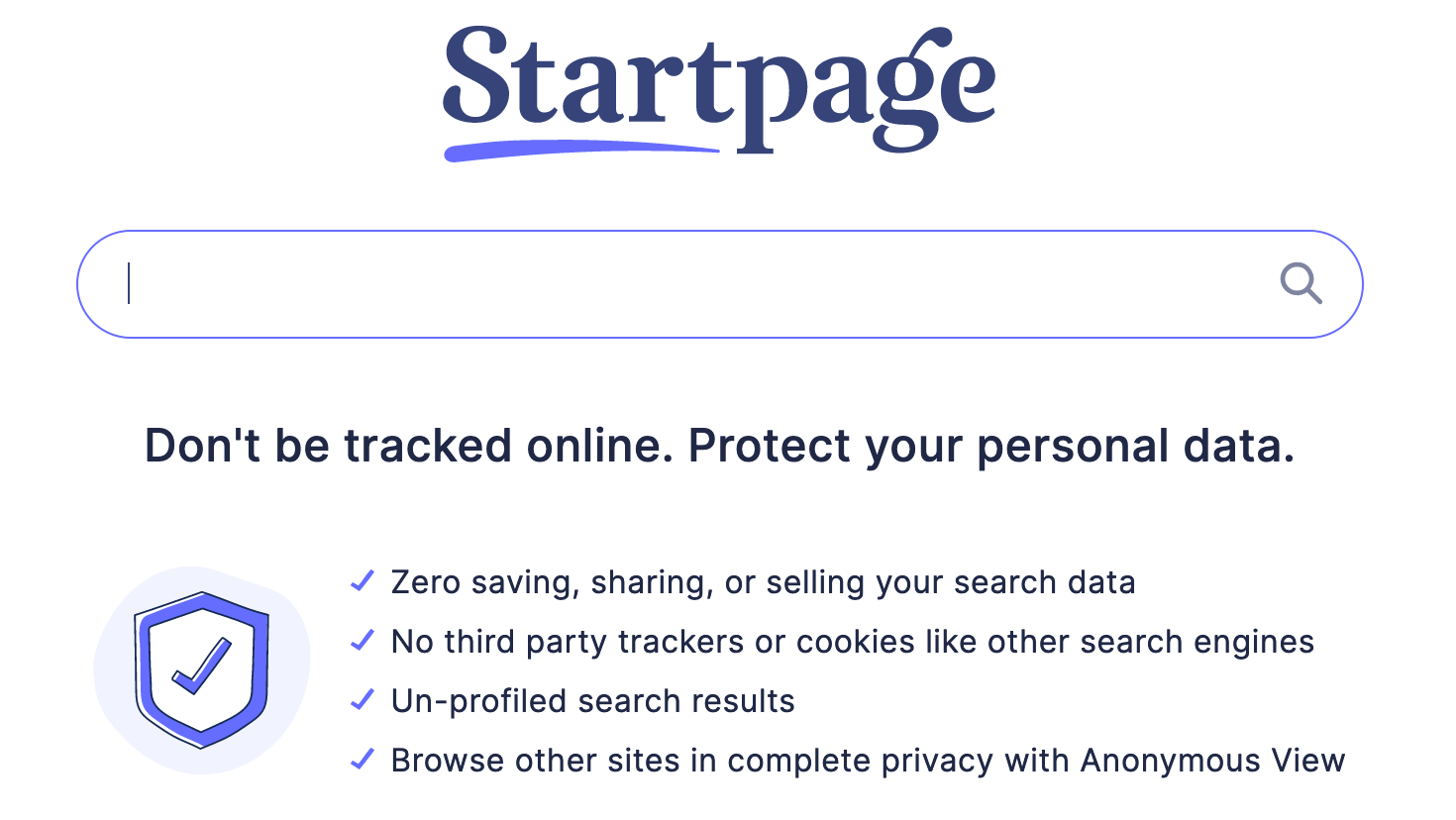
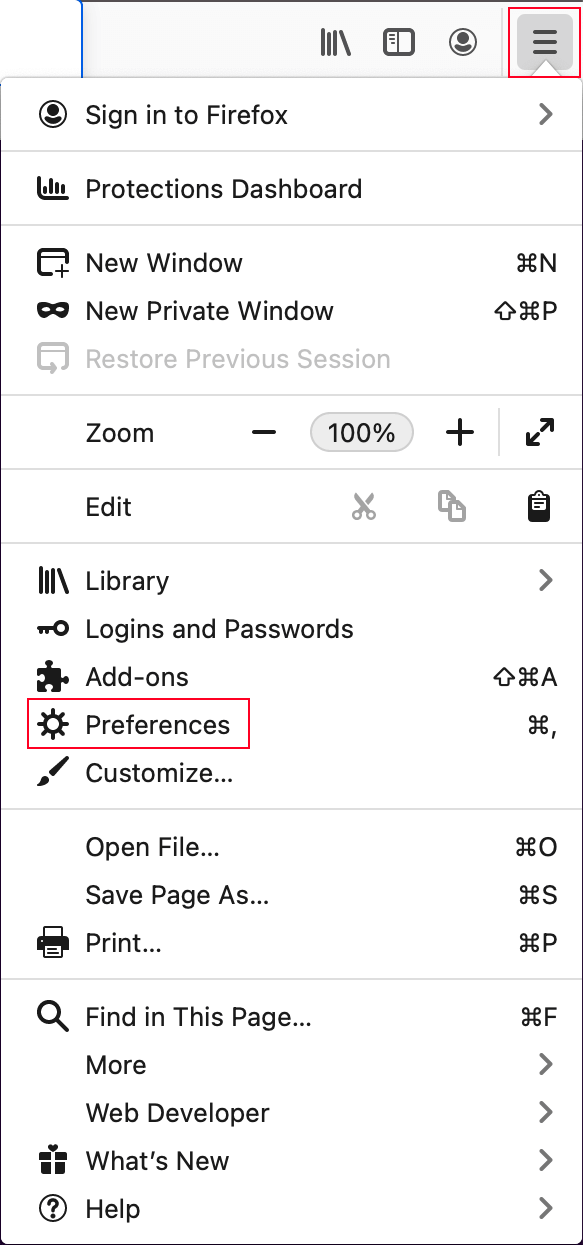
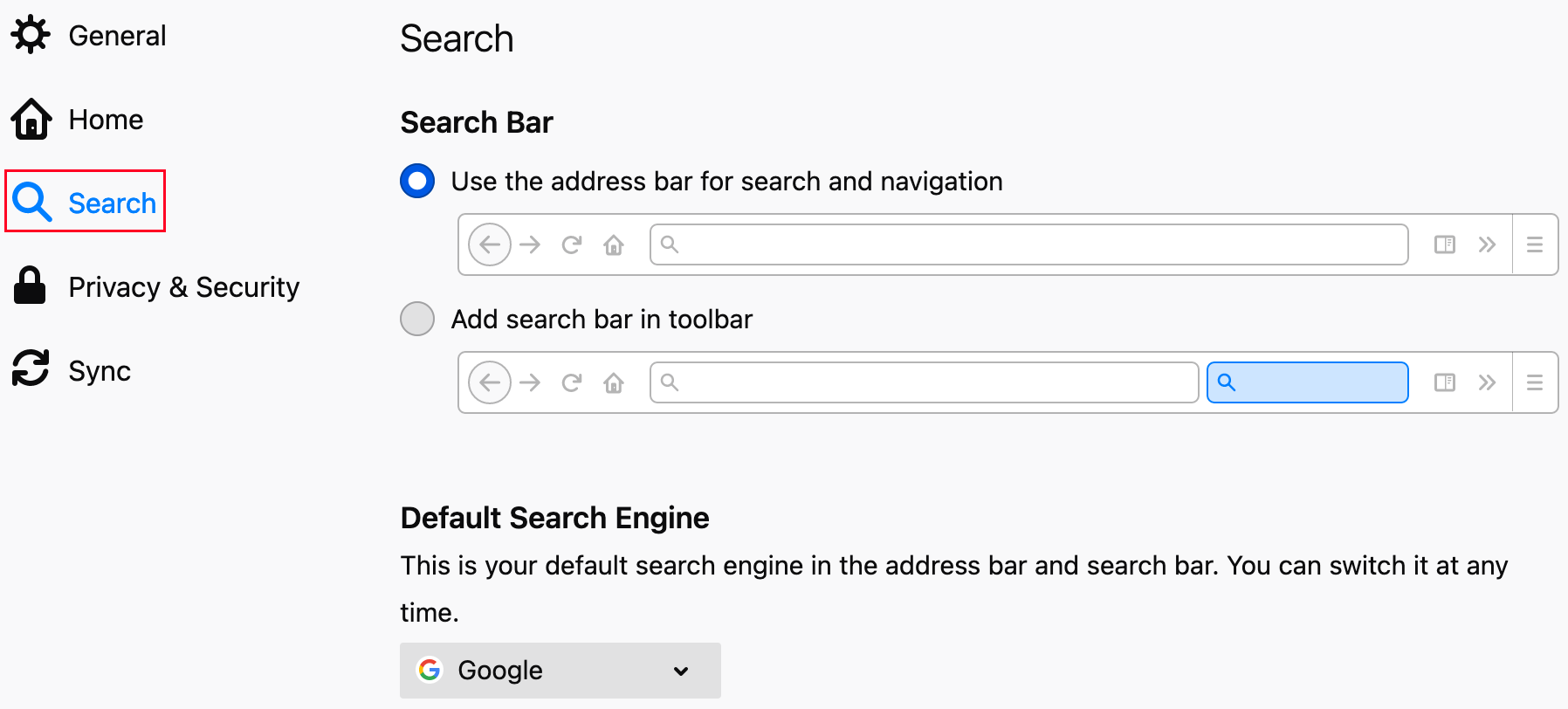

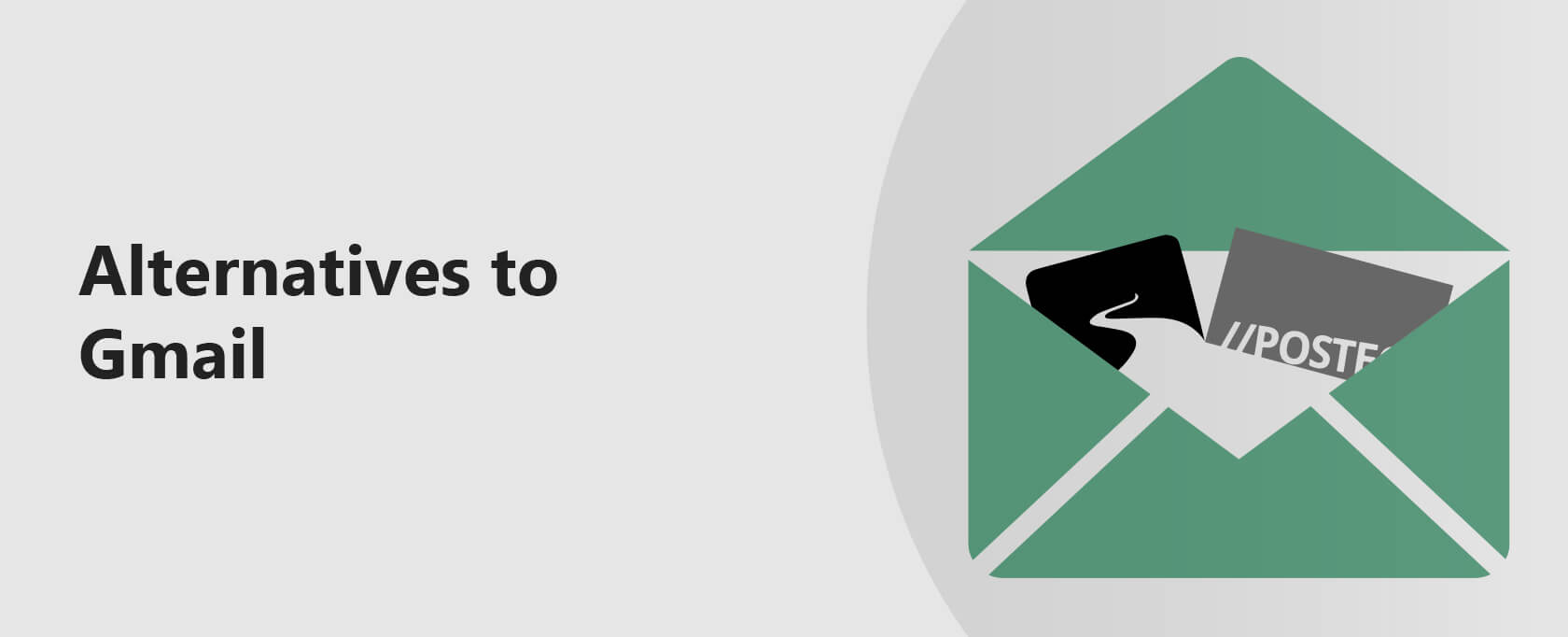

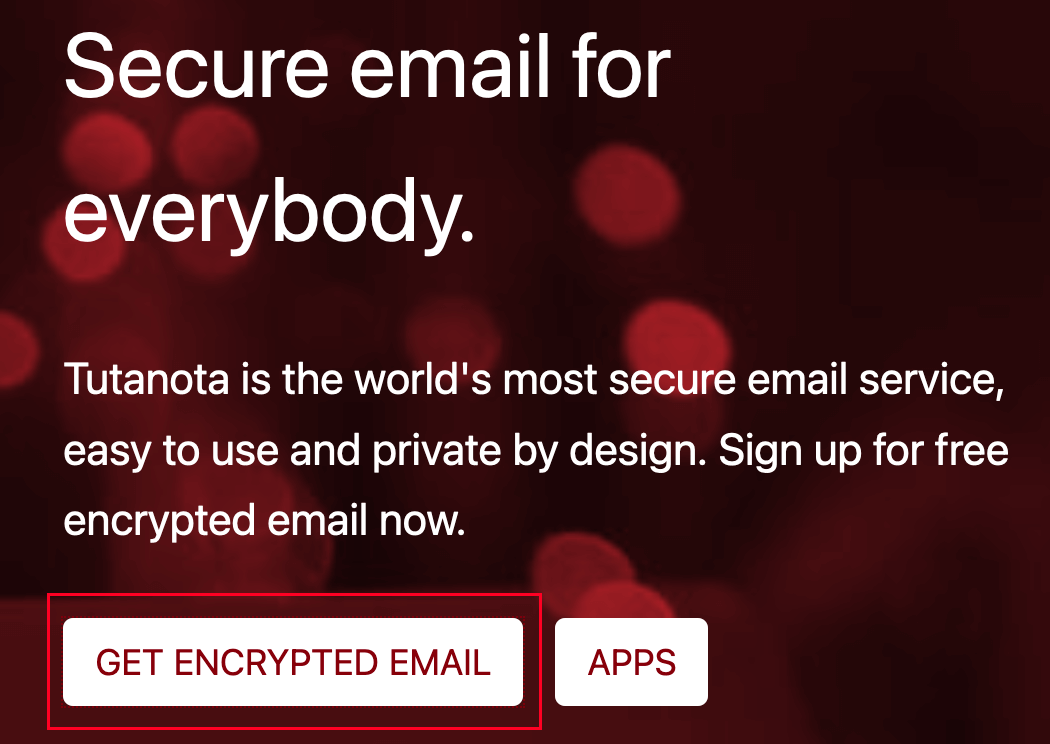
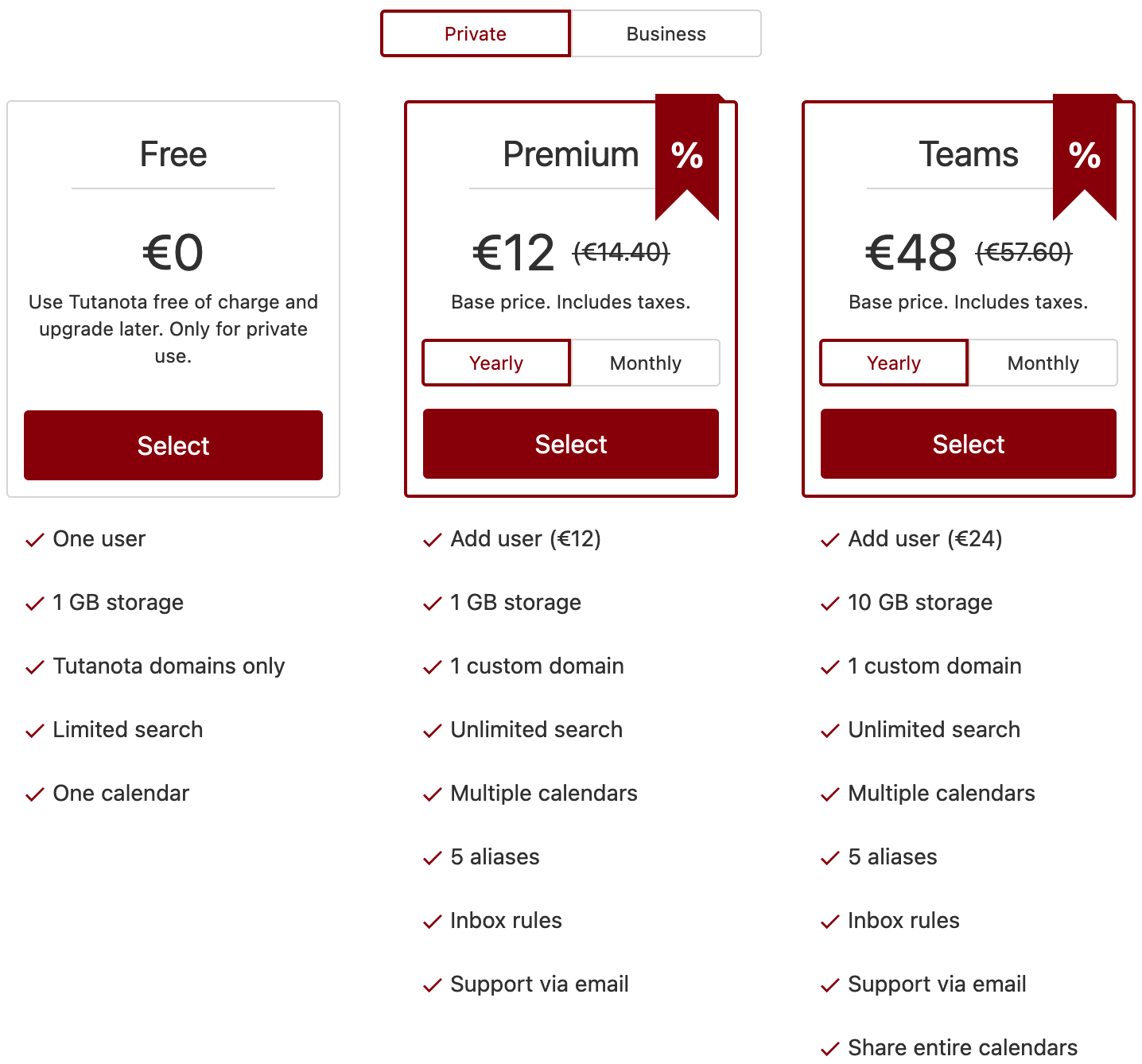
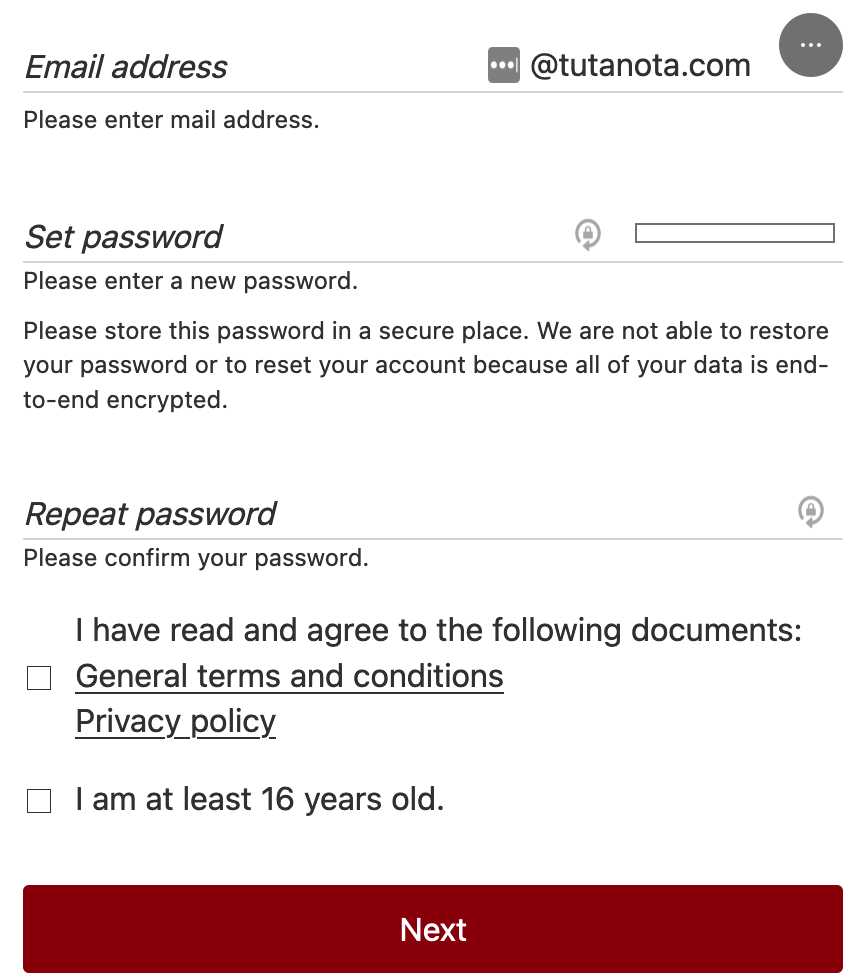


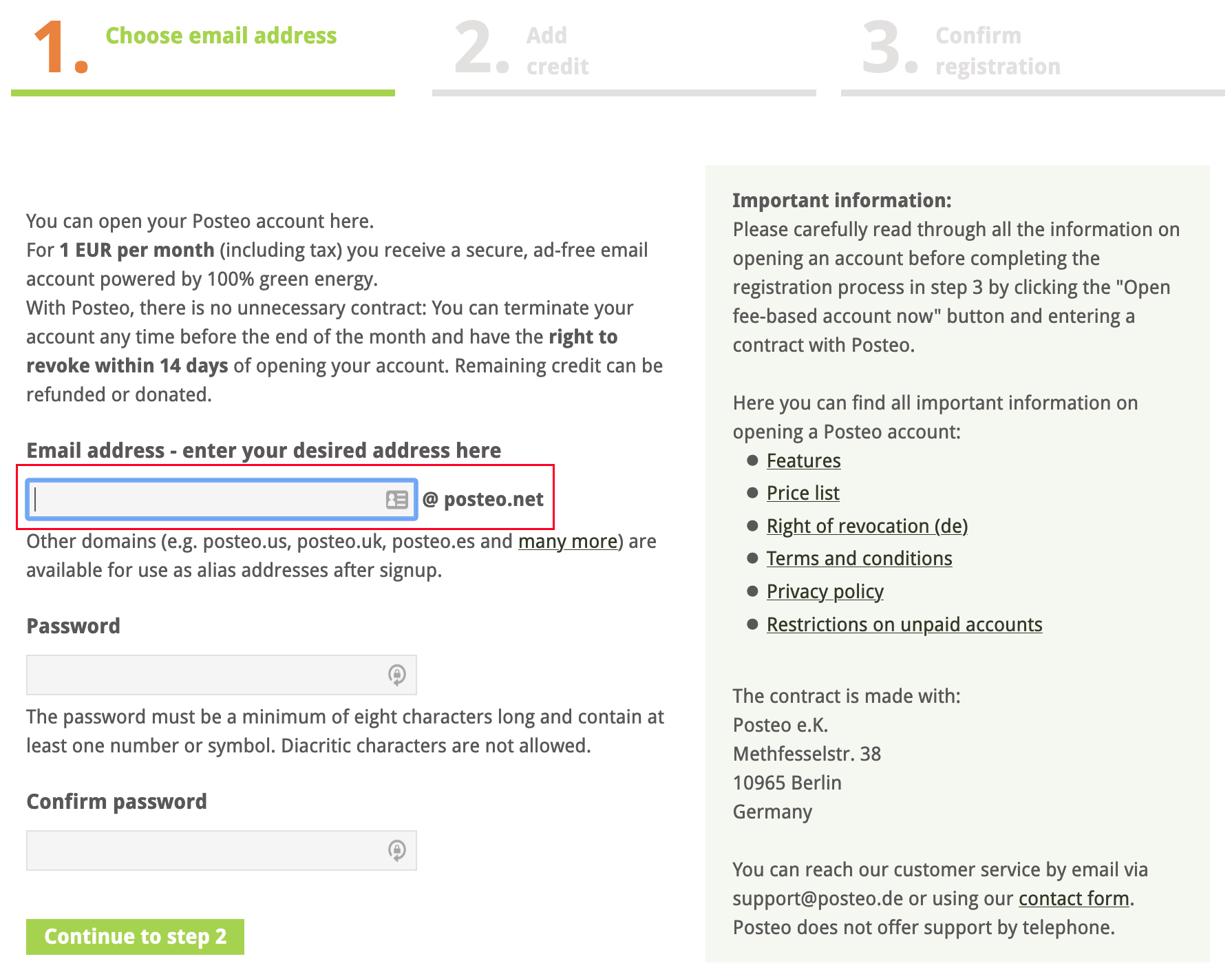

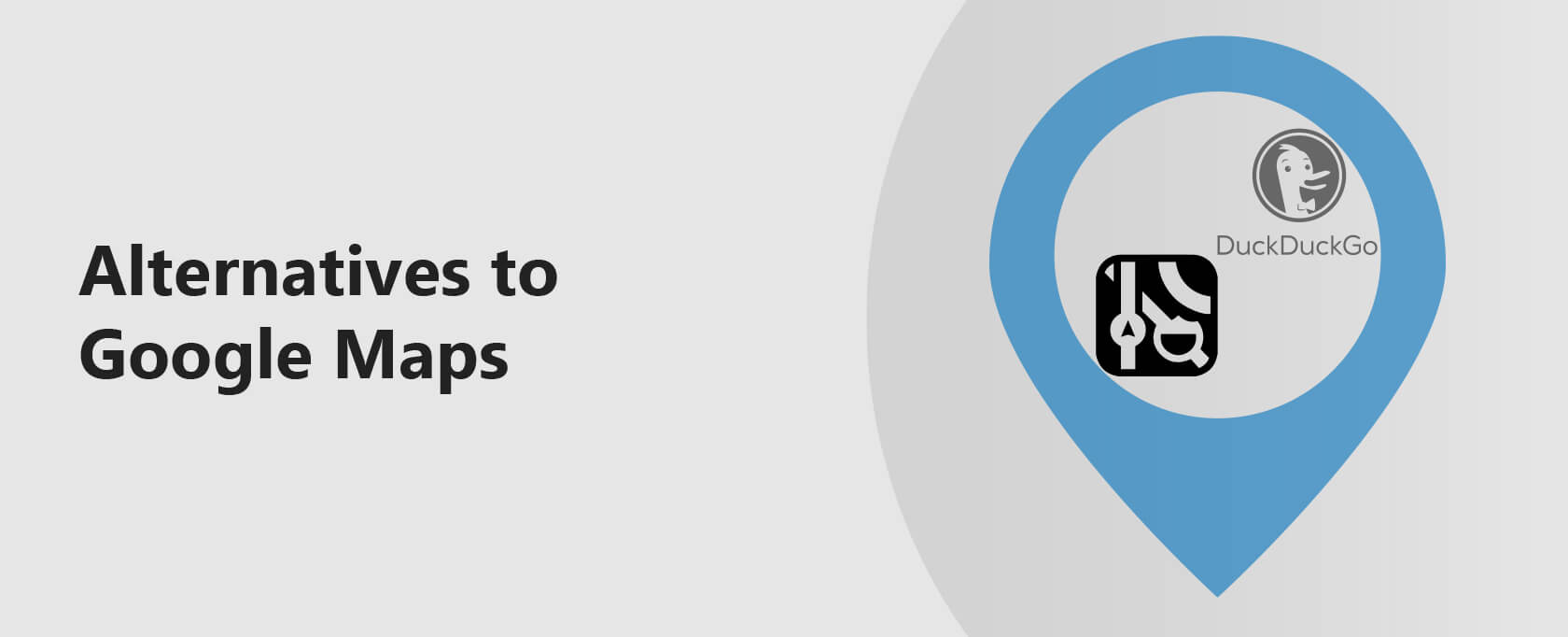
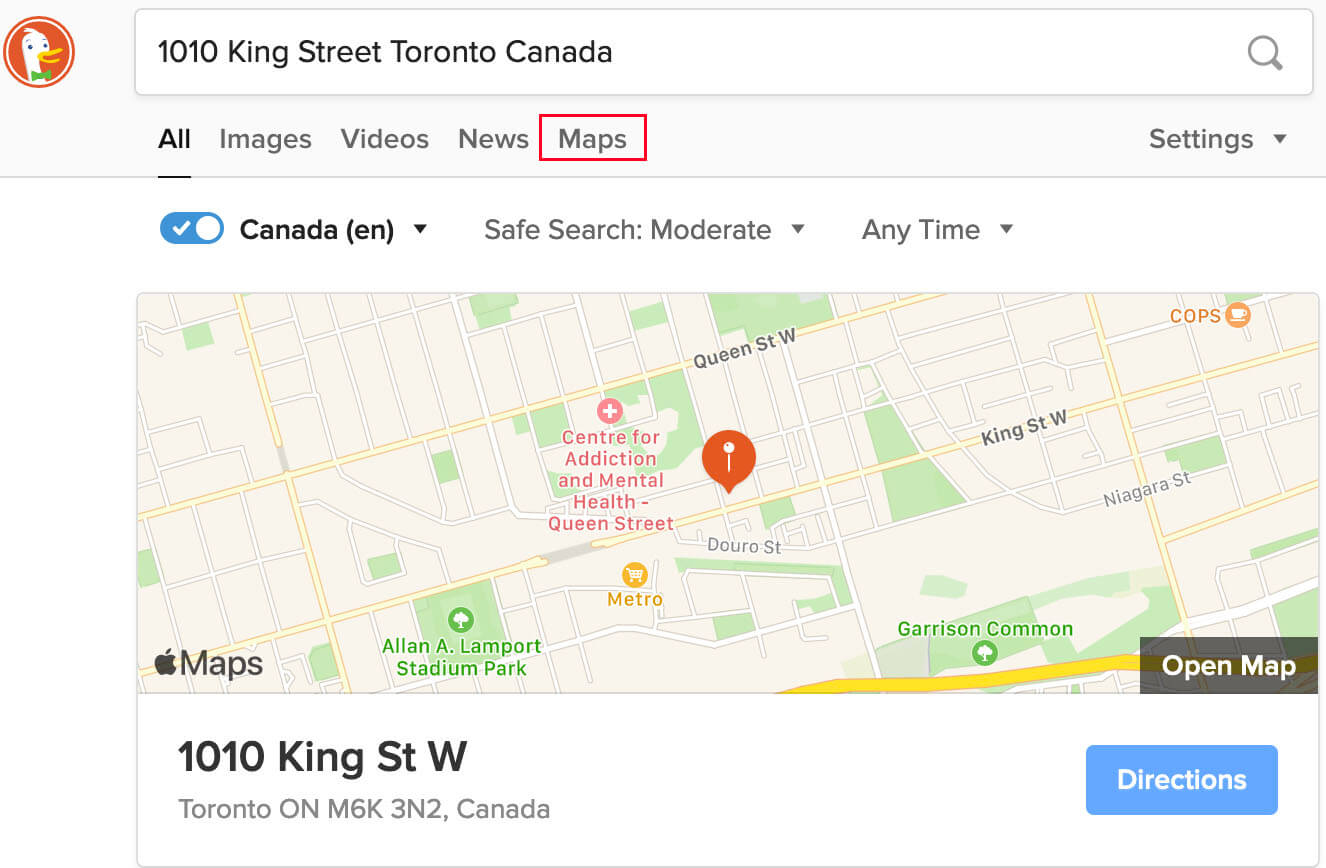
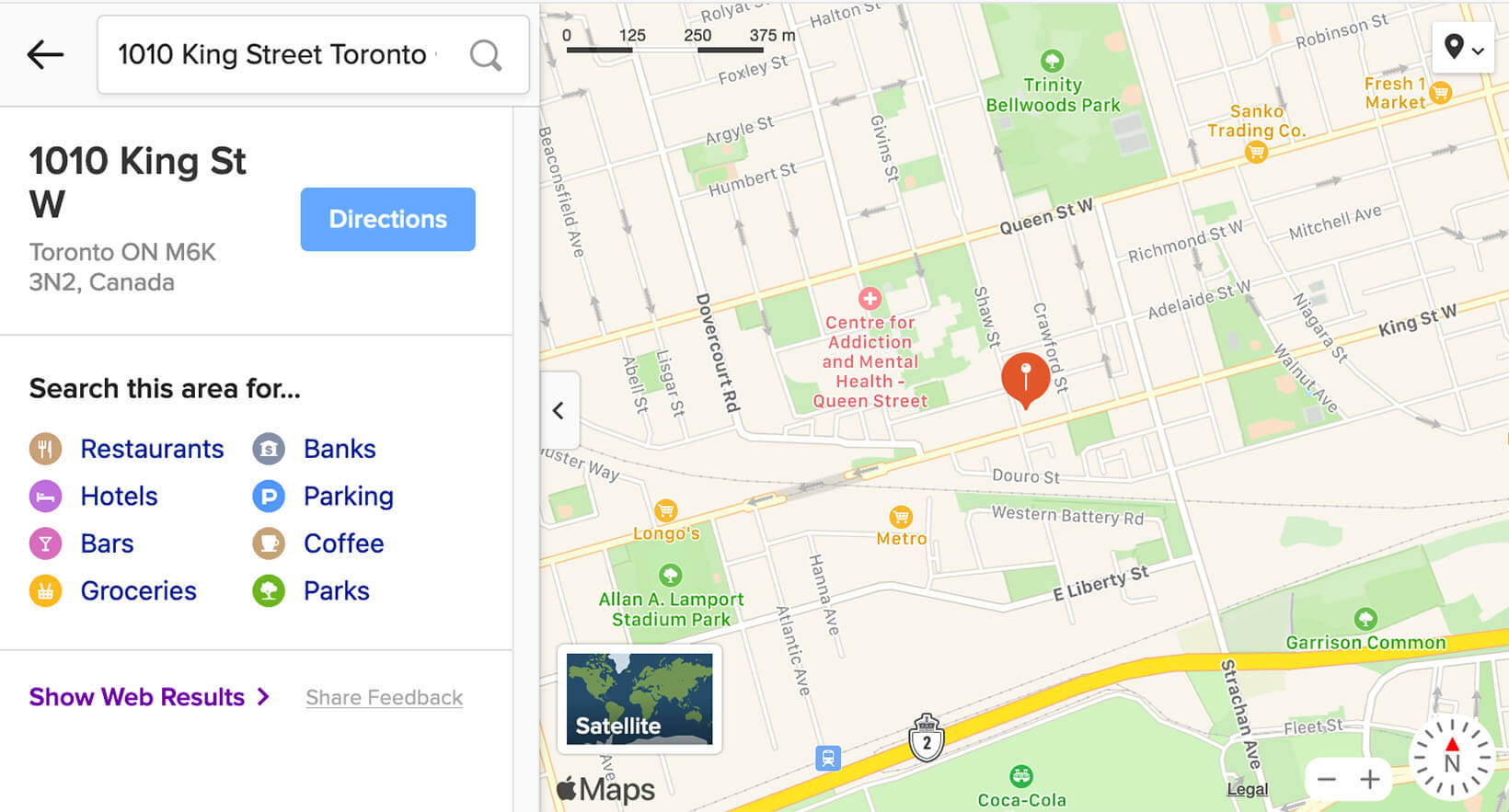
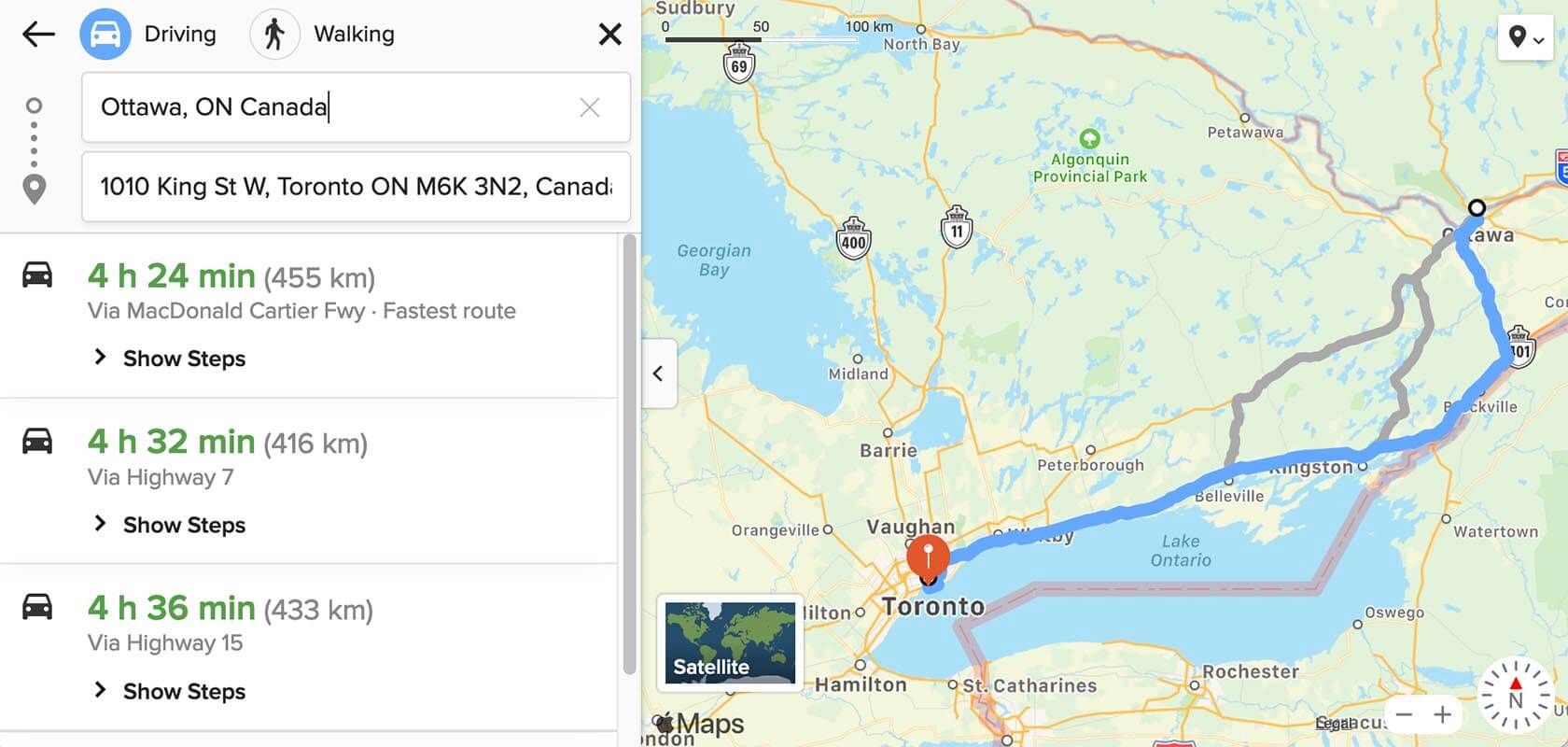

2 Comments
Nezra
December 26, 2022 1:54 pm
I deleted my google account a few months ago and absolutely love it. Googl is the appitamizes blood sucking leach’s. Fucking greedy abtrusive assholes. Love your site, good day and Thanks
Mike
July 25, 2021 6:28 am
Does Posteo’s email service offer end to end or any other encryption? How can the user(s) add email encryption, if not available through Posteo?